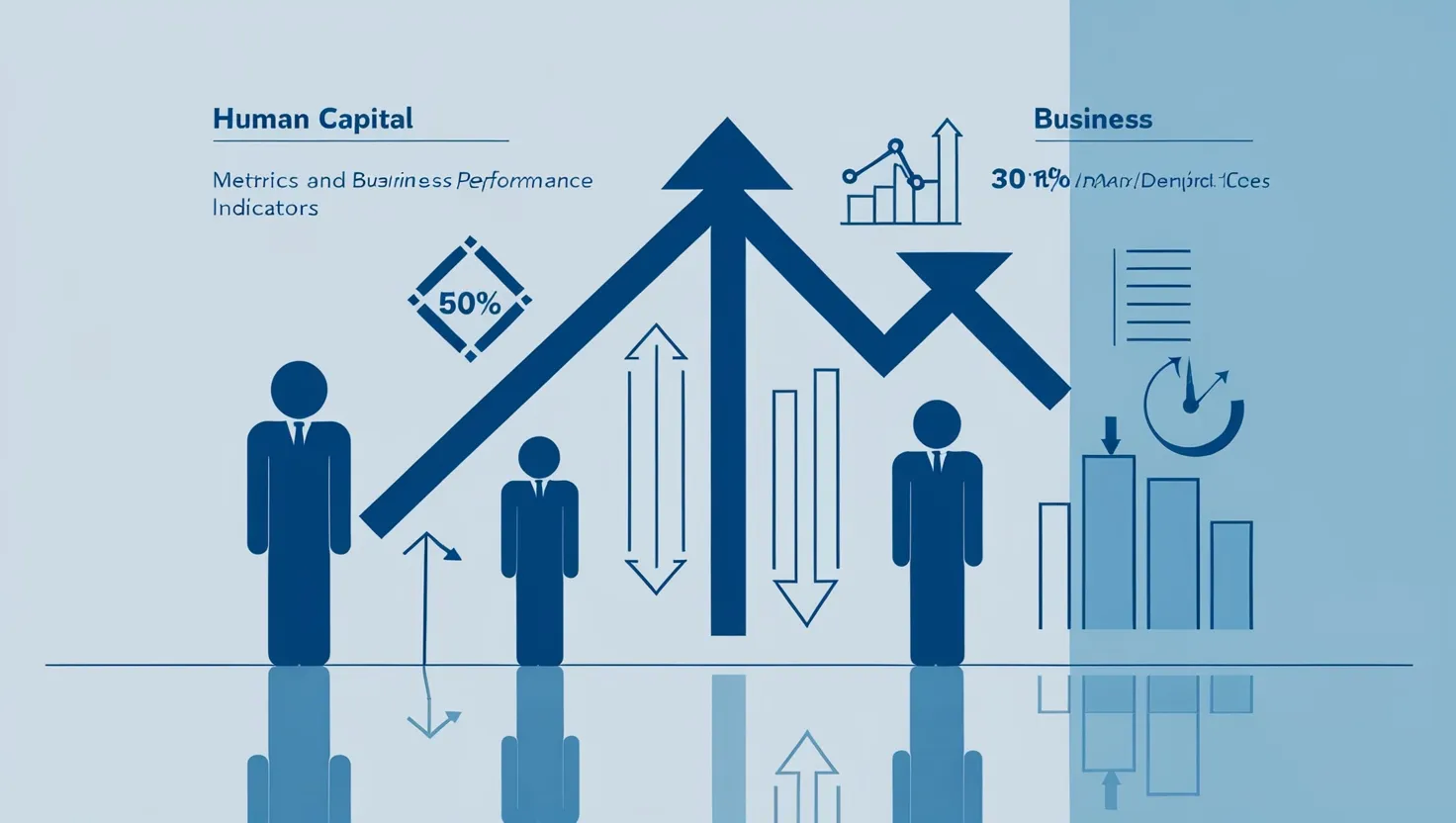Credit Scores: The Hidden Truth Behind Those Magic Numbers
Let's chat about credit scores, those mysterious digits that seem to rule our financial lives. You've probably heard how crucial they are for getting a mortgage or snagging a sweet deal on a car loan. But here's the kicker - they might not be as helpful or fair as we've been led to believe.
Think of credit scores as a game you're forced to play, even if you don't want to. It's like being dragged to a party you never RSVPed for. If you don't use credit, you won't have a score. Sounds crazy, right? Imagine being a financial saint who pays everything in cash and avoids debt like the plague. You'd think you'd be a lender's dream, but nope! You might struggle to get a decent interest rate or even rent an apartment. Landlords and lenders often use these scores to judge how reliable you are, even if your money habits are squeaky clean.
Now, here's where it gets even weirder. Credit scores don't give a hoot about your income, education, or job history. It's like judging a book by its cover, but worse. You could be rolling in dough with a stable job and a fat savings account, but if you've never borrowed money, your score might be lower than someone juggling multiple credit cards and barely making minimum payments. Talk about missing the point!
But wait, there's more! These scores can be riddled with errors. Yep, you heard that right. A chunk of credit scores are estimated to have mistakes, often because of mixed-up data. It's like the financial version of a game of telephone gone wrong. And let's not even get started on the biases. Studies have shown that credit scores can be unfair to certain groups, like racial minorities or folks with medical debt. It's a bit like using a broken ruler to measure everyone's height and then deciding who gets to ride the rollercoaster.
Here's another mind-bender: credit scores basically measure how well you dance with debt, not how financially stable you are. So, if you're smart enough to avoid debt and save your hard-earned cash, you might actually be penalized. On the flip side, if you're constantly juggling debt but making regular payments, your score could soar. It's like rewarding someone for walking a tightrope instead of taking the safe path on solid ground.
And get this - there's something called "credit invisibility." No, it's not a superpower (though it might feel like a curse). It refers to people who don't use or need credit. This could be your grandma who still believes in the mattress bank, or your hipster friend who only uses mobile payments. These folks are at a disadvantage because their responsible money habits are invisible to credit agencies. It's like being financially ghosted!
Now, let's talk about the secret sauce behind these scores. The algorithms used to calculate them are more closely guarded than the recipe for Coca-Cola. There's little oversight, which means the methods used to judge our creditworthiness are about as transparent as a brick wall. This lack of clarity can lead to some pretty unfair judgments. Imagine not getting a job because of your credit score - yeah, that's a thing that happens.
The impact on marginalized communities is particularly harsh. If you're already struggling financially, improving your credit score can feel like climbing Mount Everest in flip-flops. Take someone who had to take on medical debt or student loans. Their score might tank even if they're making payments, creating a vicious cycle that's harder to escape than a escape room designed by Houdini.
Let's not forget the profit motive behind all this. Financial institutions make a killing from credit card debt. By convincing us that a high credit score is the holy grail of financial success, they create a culture where we feel pressured to take on more debt. It's like being told you need to eat more to lose weight - it just doesn't add up.
Consider this real-life scenario: a responsible graduate student gets sick, falls behind on rent and credit card bills, and boom - their credit score nosedives. Despite having a good job and being financially savvy otherwise, they struggle to rent an apartment again. It's like being put in financial timeout for catching the flu.
Now, I'm not saying we should completely ignore credit scores. They're still a part of our financial reality, like it or not. The easiest way to build credit is often through a credit card. Use it, pay it off each month, and you're golden. But remember, this system isn't perfect. It's like using a map from the 1800s to navigate modern-day New York City - it might get you somewhere, but you're bound to take some wrong turns.
Here's the bottom line: credit scores are a big deal in our financial lives, but they're not the be-all and end-all. They can be influenced by mistakes, biases, and a serious lack of context. The system seems to prefer debt over savings and can hit already struggling communities the hardest. It's crucial to understand these quirks and not obsess over maintaining a sky-high score. Instead, focus on overall financial stability and responsibility. After all, your financial health should be about more than just a number - it should reflect your actual money smarts and stability.
By keeping these issues in mind, we can navigate the credit maze more wisely. Maybe we can even push for a fairer, more transparent way of assessing financial worthiness. Because let's face it, financial success should be about more than playing a game with rules we didn't even get to help write.
So, the next time someone brags about their perfect credit score, you can smile knowingly. You understand that behind those magic numbers lies a system that's far from perfect. Keep striving for real financial health, not just a high score in a game that might be rigged from the start. After all, in the grand scheme of things, being truly financially stable beats having a perfect credit score any day of the week.






